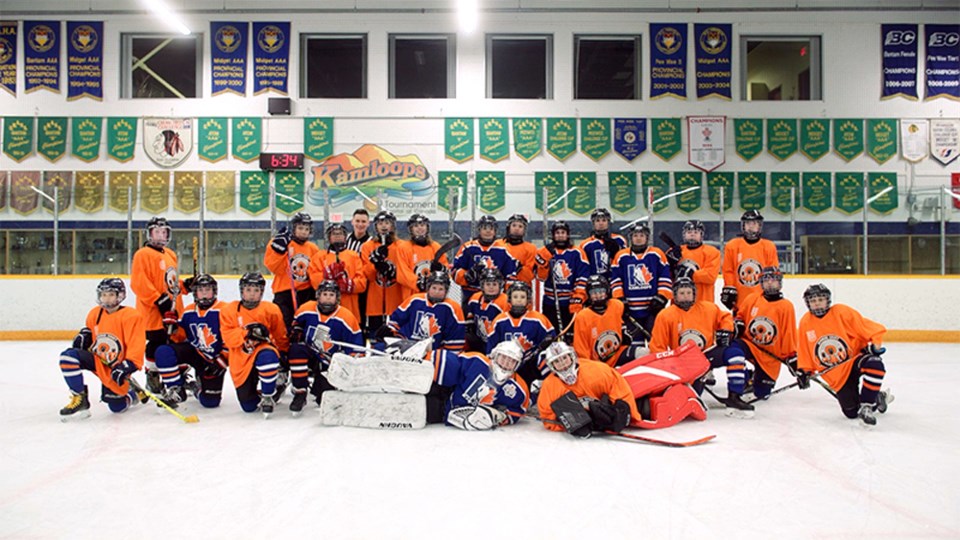SASKATOON — A non-profit group that is using the sport of hockey to educate children on the historical impact and importance of residential schools in the country is targeting youngsters who are playing in youth leagues across the country.
The Orange Jersey Project, which also aims to promote the physical and mental wellness of Indigenous youth through sports, is run by the Orange Shirt Society with Keener Jerseys as its partner and sponsored by Canadian Tire Corporation.
OSS aims to create awareness of the intergenerational trauma and impact caused by residential schools and promote the "Every Child Matters" concept to the youth.
OSS program manager Melissa Lundy said the project is the first phase of their five-year plan to use sports as a tool in reaching Canadian youth to discuss the significance of wearing the colour orange in their jerseys.
“Phase 1 of hockey [was] launched in February with 10,000 youth receiving practice jerseys with the associated Learning Management System. As we aim to keep the conversation going about residential schools, our jerseys go beyond the practice jerseys themselves,” said Lundy in an email to SASKTODAY.ca.
“Phase 2 waitlist is available now and these jerseys for hockey will release this fall. We have roughly a five-year plan for each sport to be able to reach all youth across Canada. At this time, we don’t offer team jerseys or an online store, but we are exploring these options to raise funds for the program.”
She added the project was well-received as they aim to keep the conversation going and now a pro-team from the National Hockey League will also be taking part.
“The Vancouver Canucks are highlighting this project and their upcoming Indigenous game on March 30 and we appreciate it when professional and elite teams highlight the Orange Shirt Society and our ties to Every Child Matters,” said Lundy.
“As we aim to lead the project as a free program, we are working towards sponsorships for future sports. We plan to release soccer and football in [late] 2022, and potentially other sports in 2023.”
She said, with hockey as the first sport, discussions on why the colour orange is associated with Indigenous children should not end at practices.
“In the case of hockey, we encourage dialogue on and off the ice and for coaches to dedicate several practices to enhance the conversation for why they are wearing orange,” said Lundy, who added that they target to reach youth hockey players as young as 10 years old.
“The work the society leads has no age limit, but to successfully launch a learning management system [LMS] that is tailored to those participating, we have opted for future rollouts to limit the age category to aged 10 to early 20s.”
She said that they also want the coaches and other adult members of the team to get involved in the discussions and help their players understand the issues.
“Beyond this, throughout the LMS we encourage youth to discuss how they are feeling about the topics of residential schools and reconciliation with a parent, coach or another adult. We plan to have a new LMS for younger youth and, once ready, will expand the program. We send welcome kits with the practice jerseys to coaches. It includes a copy of our Orange Shirt Day book and we offer society staff resources should a coach have any questions,” said Lundy.
For more information, visit orangejerseyproject.ca.



